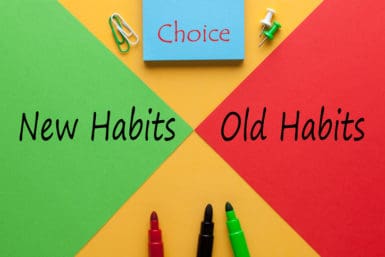 According to a recent study conducted by BankRate, low-income individuals spend nearly half of their annual income on vices. The findings of this study really shocked me. In my opinion, it serves as further evidence that irresponsible personal behavior is the leading cause of long-term poverty in the United States.
According to a recent study conducted by BankRate, low-income individuals spend nearly half of their annual income on vices. The findings of this study really shocked me. In my opinion, it serves as further evidence that irresponsible personal behavior is the leading cause of long-term poverty in the United States.
That statement is probably not politically correct in today’s culture, but how people feel about this viewpoint makes it no less true. While it is not my intent to offend anyone. I believe the data is clear, and for that reason I will not be deterred from sharing information I think can help many improve their financial lives.
In this study, vices were identified as lottery tickets, alcohol, tobacco and gambling. After surveying thousands of individuals, Bankrate found those making less than $30,000 a year spend an average of 41% of their income in the combination of these four categories, which is more than twice what any other economic group spend, and more than eight times more than those making over $80,000 annually spend. If you remove gambling from the equation the gap between the lower class and everyone else widens even further, with the lowest income level spending 12 times more of their income on these vices than the upper class.
Generally speaking, I believe if you live in America, the choices you personally make are the biggest factor in determining your financial status. In her landmark book “A Framework for Understanding Poverty,” famed educator Ruby Payne explains that hidden rules of behavior that are exclusive to each of the social classes make advancing from one to the next difficult. In other words, a person’s actions that are promoted within a certain social class are often the very things that hinder advancement to a higher one.
I’m aware there are many who struggle financially because of factors outside of their control, whether they be health complications, socio-economic shifts, discrimination or simply bad luck. I don’t mean to minimize these real and substantial challenges. But, in my opinion, these individuals represent a small portion of those Americans living in poverty for extended periods of time.
I hope I don’t sound like the proverbial “church lady” wagging her finger in judgment at what others are choosing to do. That’s not my intention. But recognizing that the choices we each make can have a direct impact on our situation in life is the first step toward making our own lives better. My advice then is to choose wisely.
